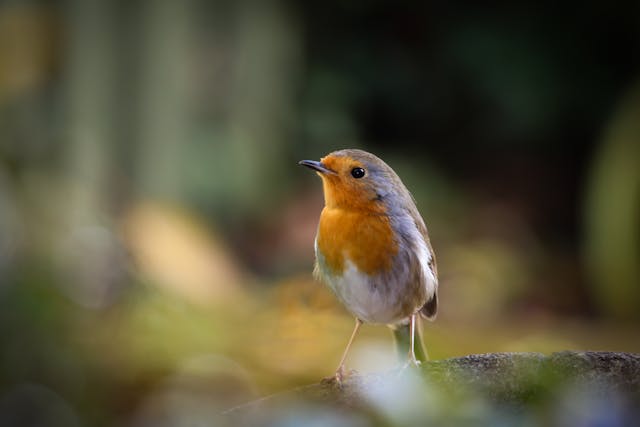Finding joy in change
Glimpse by Khema
I may have mentioned this once or twice!!!! So in exactly 3 Months as of yesterday -on the 28th of June 2024? I’m going to retire and start drawing my pension. Eeak. And as I write this, it feels deeply strange, exciting, and really scary all rolled into one . I don’t feel old enough to be drawing my pension. In my mind I’m still about 27. I actually still can’t really believe it but yes it’s happening and on the 28th of June. I will be unemployed for the first time since I was 14 years old when I got my first weekend job in a cafe and then as a health care assistant in a local nursing home. I’m told I’m far too young to be retiring, I think I like people telling me that.
I ask myself, what am I going to do with all this spare time? Can I take up some new hobbies? I wonder about doing a course or three. Can I spend more time in my beloved garden and of course travel in Gloria, my campervan. No more trying to squeeze in a long weekend between appointments and meetings, working out how many annual leave days I’ve got left, who’s going to cover and then all those dreadful emails to go through on my return!!! This has been my life as a nurse since March 1989. I’ve worked hard to get where I am now, who will I be when I’m not that anymore? Will I feel different? `Will I regret this decision? Am I loosing part of my identity?
In Buddhism we believe the only constant is change. Impermanence can lead to suffering as one fails to accept the continuously changing nature of the world or our world.
The law of impermanence is a fact of reality that cannot be changed; everything that comes to be eventually passes away. The Buddha teaches that the path to peace and joy requires that we embrace change rather than pine for permanence.
I originally wanted to return to my role part time and that would’ve been easy. Just cut down my hours and stay doing what I’m doing. But the big boss said no. They don’t want me and that has been something I wasn’t prepared for. On its most fundamental level, fear of change is fear of the unknown. There’s an immense amount of comfort to be found in routine, and when those routines are disrupted, many people feel anxious and destabilized. So how can I turn this around? How can I turn this uncertainty into joy? Should I see this is an opportunity to do something different? Embrace change. I may not have looked at it this way at all if I wasn’t backed into a corner, after all it’s easy to keep doing what you’re doing- staying within your comfort zone. Change can be scary but also a gift- perhaps one I didn’t know I needed. So watch this space…………retirement here I come.
NAB

